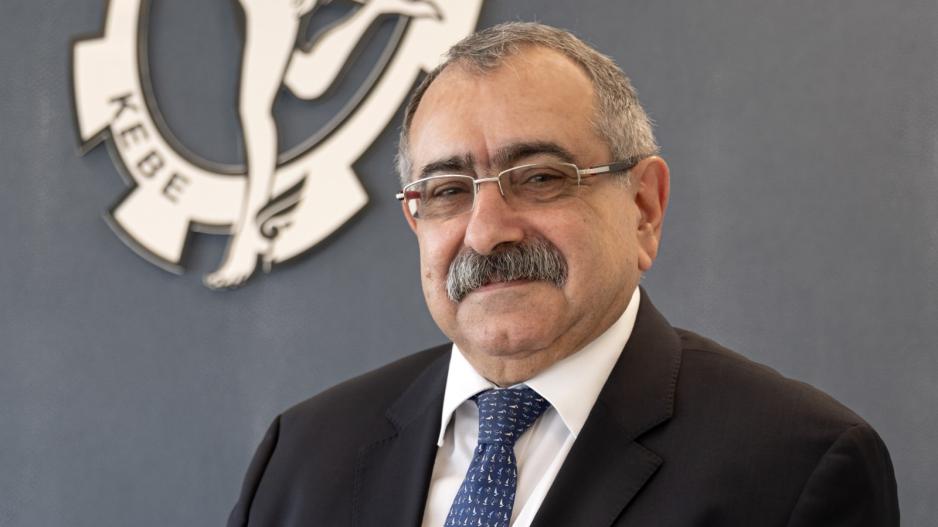Stavros Stavrou on Halloumi: "I Will Not Support Anyone in Breaking the Law"
Dispute over increasing the goat and sheep milk percentage in Halloumi cheese production intensifies.
Efforts are underway to reach a consensus on the dispute regarding the percentage of goat and sheep milk required for Halloumi production. Members of the Sheep and Goat Farmers Association insist on raising the quota to 30%, warning of dynamic measures if their demand is not met.
The farmers are reacting to a decision by the relevant supervisory committee, which has chosen to extend the existing 15% quota rather than increase it to 30% as originally decided in August 2023.
Stavros Stavrou, Chairman of the Halloumi Monitoring Committee, acknowledged the farmers' concerns but emphasized that the decision to maintain the 15% quota was not taken lightly.
He explained that the Ministry of Agriculture’s monitoring mechanism records data submitted by stakeholders, which is then analyzed before decisions are made.
“The mechanism, which all parties have agreed to, directly records milk production quantities,” Stavrou noted in statements to Brief.

One of the key reasons for maintaining the 15% quota is the reduction in milk production due to prolonged drought conditions.
Despite an increase in livestock births and government subsidies to boost milk production, many animals were sent to slaughter to meet market demands, further reducing available milk supply.
The Halloumi Monitoring Committee consists of cattle farmers, goat and sheep farmers, cheesemakers, and senior officials from the Ministry of Agriculture.
This is the first time the Ministry has introduced a formal monitoring mechanism to track goat milk production, similar to the longstanding system for cow milk quantities.
The analysis of this data is crucial in determining quota adjustments to ensure a stable supply of goat and sheep milk for Halloumi production.
The ultimate goal of all stakeholders is to gradually increase the goat and sheep milk percentage to meet the requirements set by European regulations, which grant Halloumi its Protected Designation of Origin (PDO) status. The target is to reach the legally mandated quota by 2029.
Stavrou emphasized that during the next committee meeting on February 20, the updated data from the Ministry of Agriculture will be reviewed, and decisions will be made accordingly. “I stress that if the monitoring system's findings indicate the need for a quota increase, the production percentage will be raised without hesitation,” Stavrou declared.
He also stated that if official, indisputable data supports the farmers' request, he is prepared to issue a decree ensuring the required goat and sheep milk supply for Halloumi production. “I will not reduce exports, harm workers, or—most importantly—turn a blind eye to any violations,” he asserted.
According to the August 2023 decree, the quota for goat and sheep milk in Halloumi production was set at 15% until January 2025. From February 1, 2025, to August 31, 2025, the percentage was supposed to increase to 30%.
However, recent committee assessments concluded that raising the quota to 30% is currently unfeasible, as production levels do not support such an increase. Additionally, the committee has introduced a cap on cow milk production to regulate the balance in Halloumi manufacturing.
Cheesemakers have committed to accepting and utilizing all available goat and sheep milk, even if the supply exceeds 15%. Ultimately, Stavrou reiterated that final decisions will be based on verified monitoring data, adding: “I will not protect anyone attempting to break the rules.”






